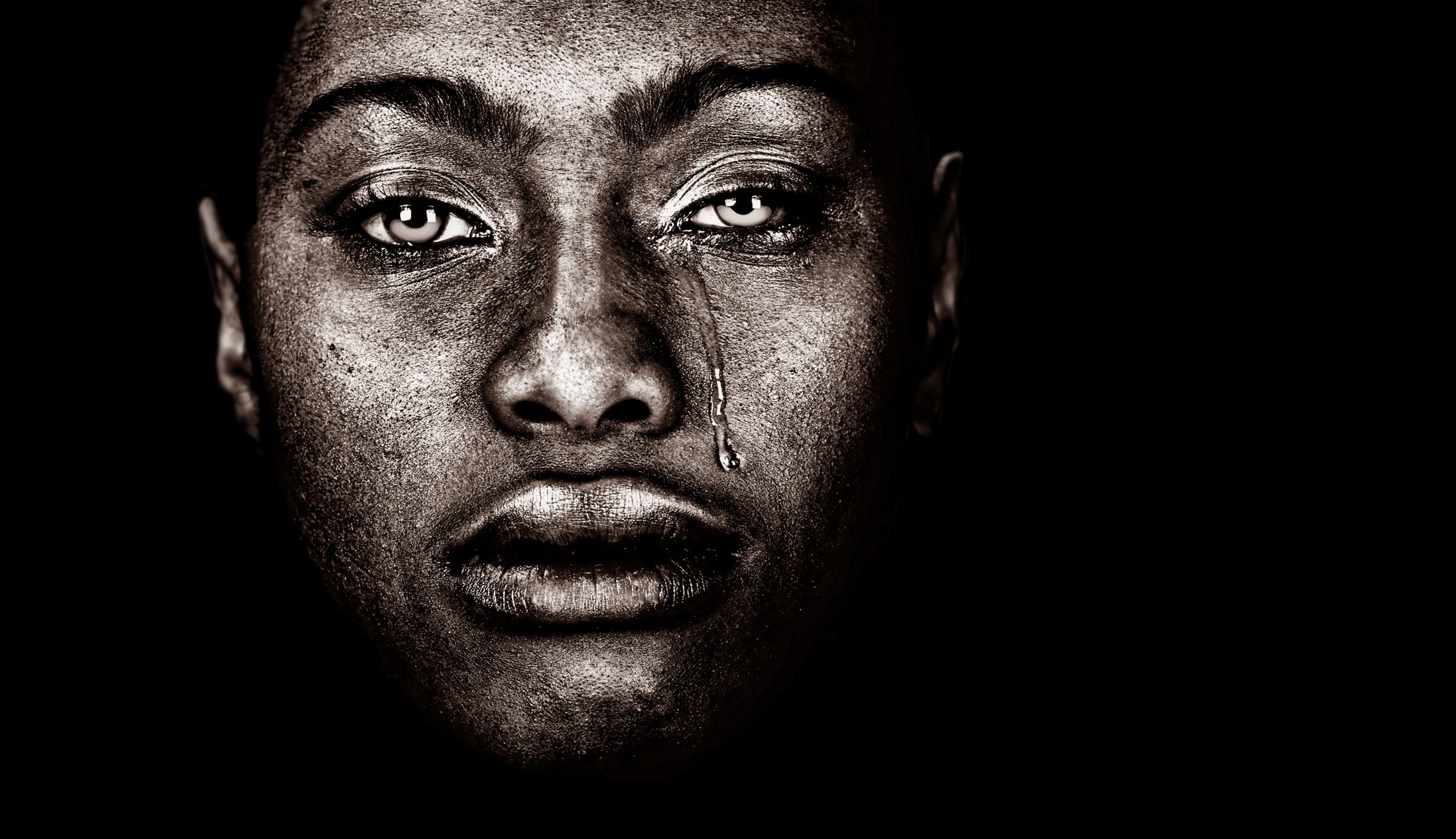What is the best way to prepare for a job interview? You will need an interview game plan. This blog will focus on four tools from the game plan that will help you approach an interview from the perspective of a salesperson. Since the Covid-19 pandemic began this year, there has been a significant increase […]

We don’t need Black History Month anymore. We celebrate everybody, has been cited by some local authorities who, rather than having Black History Month celebrations in October (here in the UK), celebrate Diversity Month instead.
Yes, we should celebrate everyone, and ideally, we should not have to single out one group of people and celebrate their history in this way. However, it’s because of historical events, that Black History Month coming in to being.
To further the discussion as to whether or not we still need Black History Month, we need to understand why Black History Month was started in the first place. It has its origins in the US, starting in February 1926 by historian Carter G. Woodson who wanted to challenge perceptions that black people had no history. He wanted to enlighten the descendants of slavery of their history. Back then, it was a week long celebration known as Negro History Week.
With the advent of the Civil Rights Movement and the Black History Movement, one week was not long enough, and in 1976, it became known as Black History Month, with the period being extended to one month.
Following the racial tension in the 1980s and the rioting of black Britons, Black History Month was started in the UK in October 1987, developed by Akyaaba Addai Sebo.
The impact of the Trans Atlantic Slave Trade on black people not knowing their history
Because of the dispersal of Africans around the globe as a result of slavery, and the effects of colonisation, many African descendants in the diaspora have grown up with little or no knowledge of the history of their people.
Taken from their country of origin, separated from families and loved ones, they were treated like chattel and distributed across the globe. The impact of the Trans-Atlantic Slave Trade has been that many African descendants in the diaspora have been robbed of knowing about their cultural heritage. Not only that, those who are not of African descent, have little or no knowledge of the significant contributions that black people have made in the world throughout history.
Even though slavery was abolished in the 19th century, African descendants across the world continued to be treated less favourably, with enforced segregation in the US; people from the Windrush Generation being greeted by the infamous signs of no blacks, no Irish, no dogs, here in the UK.
Disproportionate representation when it comes to socio-economic challenges
In the UK, black people are disproportionately represented in the prisons, when it comes to unemployment, in being diagnosed with a mental illness, when it comes to equality of opportunity in the workplace. Only last week Prime Minister Theresa May announced a series of measures to tackle barriers faced by ethnic minorities in the workplace and appointed a race equalities champion.
There is something systemically wrong. Whilst Black History Month does not redress the systemic issues and injustices, it does help to give black people a sense of pride about their cultural heritage. It also helps to bring to the awareness of non black people, the issues and challenges black people have faced, and continue to face. As well as knowledge of the rich contribution black people have made to society throughout history.
A people without the knowledge of their past history, origin and culture is like a tree without roots – Marcus Garvey
As someone of African descent, and a child of the Windrush Generation, growing up, I never knew my grandparents, let alone great grandparents, and was not privy to the stories of family history that is passed down generations. The only photos I have seen of my grandparents are the one of my paternal grandfather, shown in the image with this article, and one of my maternal grandmother.
I was never taught about black history at school. The earliest black history lesson I recall was when the series Roots was first aired in the 1970s, after which, many young black people back then, were left feeling hurt and anger.
What do you think the psychological impact is if the only history you have about your people is one of enslavement?
There was no counter balance with the rich, history Africans had before then. In the 1980s, the show Black Heroes in the Hall of Fame redressed this for many of us. We learned about the African Kings and Queens that existed before slavery, the inventions by black people, and learnt of the great things that people who looked like us had achieved over the centuries.
Whilst I am capable of doing my own research in to black history, for me, Black History Month is a time to celebrate my cultural heritage. And in some ways by it being a national occasion, it feels like an acknowledgement by my country of birth, of the wrongs that have been done to my ancestors over the years. In the words of Susan Goldberg, editor in chief at National Geographic earlier this year, ‘To rise above our past, we must first acknowledge it’.
To rise above our past, we must first acknowledge it – Susan Goldberg, Editor in Chief, National Geographic
This year we celebrated 70 years since Windrush, and 70 years of the NHS. The contribution of black people to the NHS is well documented. Not only that, to the rebuilding of the UK following the second world war, when the Windrush Generation were invited to come and work in this country.
Some may argue that since Windrush, there have be many other races that have migrated to the UK, so why have a whole month focused on one and not the other?
Yes, it is true, many other races have migrated to the UK. London in particular is a city, rich in racial diversity, which is great to see. I love that for the most part, diverse races and cultures live side by side in harmony. Celebrating Black History Month is not saying that other races don’t matter. It’s a bit like the #blacklivesmatter movement. Yes, all lives matter, but black lives matter focuses on a particular issue that is prevalent in our times.
Celebrating Black History Month is a recognition of the contribution that black people have made to the UK throughout history, but I long for the day when it is no longer needed. A day when black history is fully integrated in to our schools, and in to the fabric of our society. A day when the walls of systemic racism are totally broken down. A day when we can finally say that Martin Luther King Jr’s dream has (in every aspect) finally come true. But until then…
Author – Carol Stewart
Carol is an Executive, Career and Business Coach, Founder of Abounding Solutions and Co-Founder of Northern Women of Colour. Known as The Coach for High Achieving Women, Carol helps quiet women to be great leaders. She also provides training and workshops on personal development, career development and leadership development to organisations with women’s networks and BAME networks and is a leadership team facilitator. Her book Quietly Visible: Leading With Influence and Impact as an Introverted Woman was listed one of the 10 best books to read during lockdown. She is a semi regular columnist for the Sheffield Telegraph.



